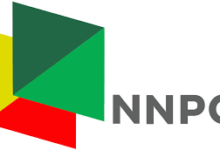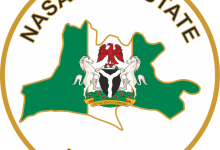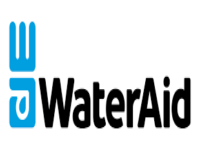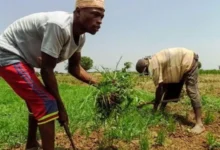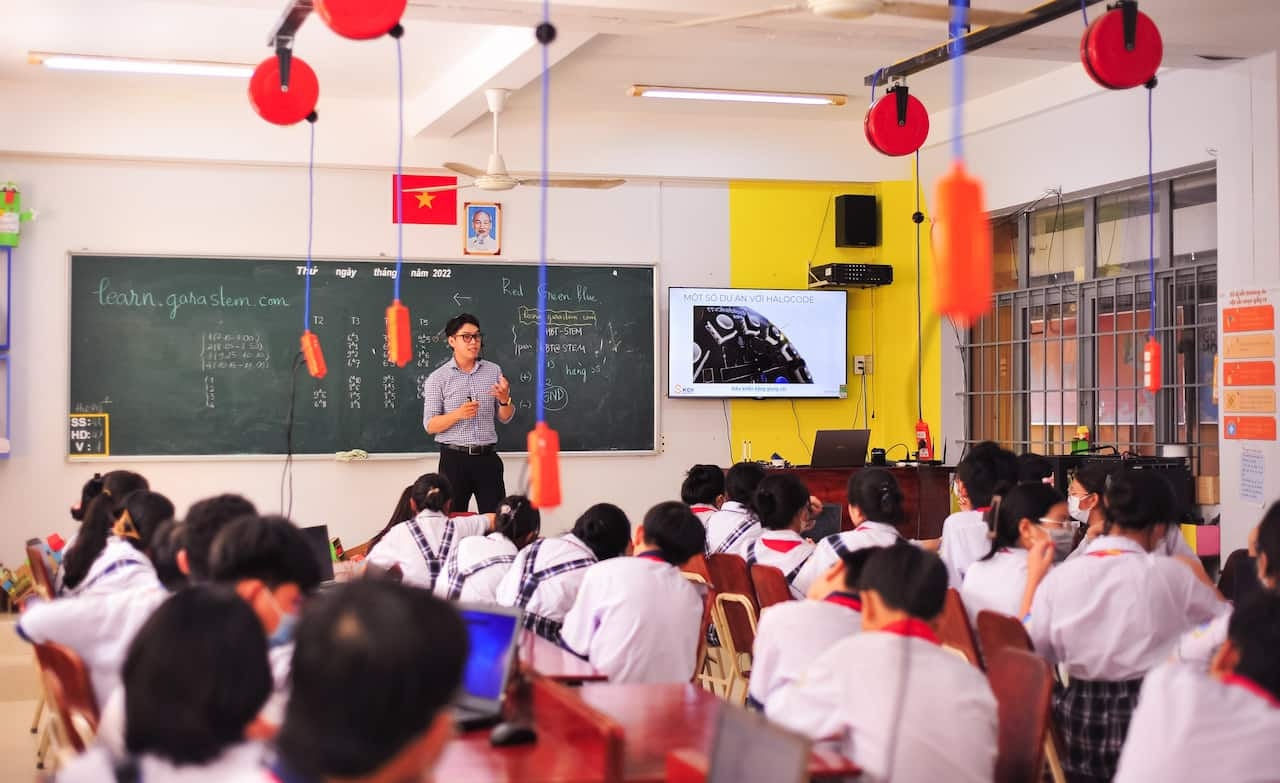NIRSAL to Train Over 100,000 Farmers Nationwide, Boost Funds Accessibility

The Nigeria Incentive-based Risk Sharing System for Agriculture Lending (NIRSAL) has announced the implementation of key mechanisms designed to enhance access to funds and build the capacity of over 100,000 professional farmers across Nigeria. This initiative aims to achieve optimal productivity and sustainable agricultural development, in alignment with the federal government’s food security agenda.
Ibrahim Suleiman, the Head of Value Chain Capacity Development at NIRSAL, made this known during a press briefing in Owerri, the capital of Imo State. He emphasized NIRSAL’s commitment to optimizing Agro Geo-cooperatives, a model that supports the federal government’s efforts to ensure food security across the nation.
“Under the Technical Assistance pillar of its mandate, NIRSAL is working towards reaching over 100,000 fish, cassava, and rice farmers across the country this year with its training on the optimization of Agro Geo-Cooperatives to support the federal government’s food security agenda,” Suleiman stated.
In addition, Jude Nnadozie, Head of Corporate Communications at NIRSAL, highlighted the organization’s strategies focused on enhancing food production through manpower and human capital development. He reiterated NIRSAL’s dedication to facilitating agribusiness in Nigeria and supporting agricultural value chain actors.
“In line with its mandate to de-risk agriculture and facilitate agribusiness in Nigeria, NIRSAL has completed a midyear capacity development programme for agricultural value chain actors, particularly lead farmers and extension agents in the Aquaculture and Cassava value chains across the country,” Nnadozie said.
The training program, which trained over 2,000 participants, is expected to impact an additional 40,000 farmers through a step-down phase. The initiative aims to educate participants on NIRSAL’s value chain-fixing solutions, particularly the Agro Geo-Cooperative® (AGC) model. This model organizes smallholder farmers operating in the same areas into finance-able clusters with structured governance, improving their ability to access finance, inputs, mechanization services, and secure markets, while optimizing harvests and production.
In Imo State, where the training took place, 250 participants attended in Owerri on the first day, and over 350 attended on the second day at the Umuofuga Umuhu Okwuato Multipurpose Hall in Aboh-Mbaise. The focus of the training was on efficient models for fish production.
Hon. Uche Agabiga, Chairman of the Imo State House of Assembly Committee on Agriculture, praised NIRSAL for including Imo State in this capacity-building initiative. He expressed confidence that the program would complement local efforts to boost agricultural productivity in the state.

